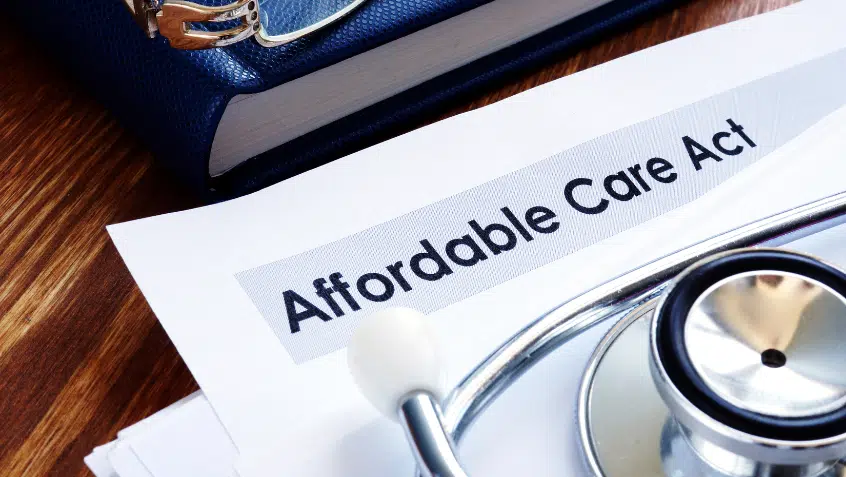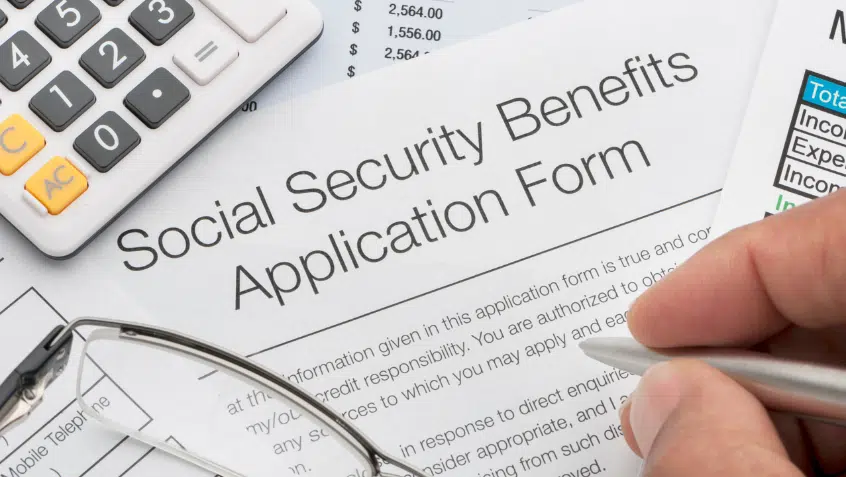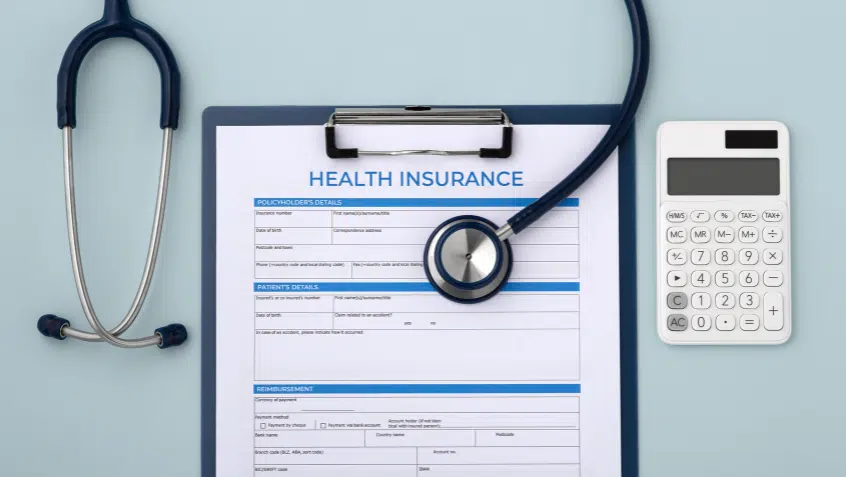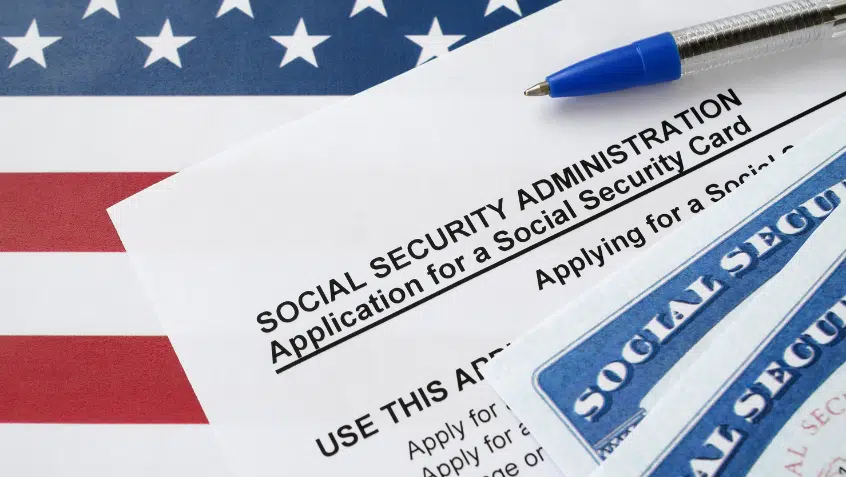Tell Congress to Prioritize People with Medicare in 2024
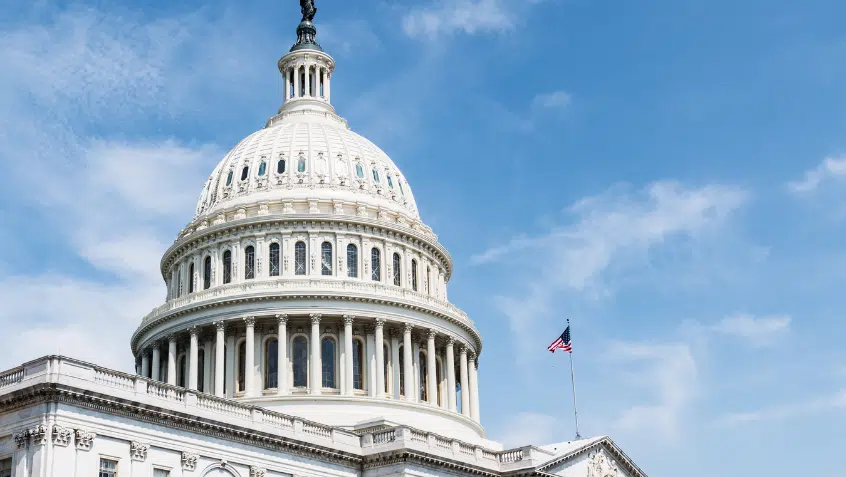
Today, the Medicare Rights Center joined 75 national organizations in urging Congress to include funding for Medicare low-income outreach and enrollment in the next 2024 spending package.
Established in the 2008 Medicare Improvements for Patients and Providers Act (MIPPA), these federal dollars help community-based organizations—Medicare State Health Insurance Assistance Programs (SHIPs), Area Agencies on Aging, Aging and Disability Resource Centers, and local Benefits Enrollment Centers—connect Medicare beneficiaries with programs that can make their health care and prescription drugs more affordable, like the Medicare Savings Programs (MSPs) and Part D Low Income Subsidy (LIS/Extra Help).
Medicare cost assistance can be a lifeline, allowing beneficiaries with limited resources to maintain their coverage; get needed care; and afford other necessities, like food and rent. But the programs are also notoriously hard to access, underadvertised, and underenrolled. Medicare Rights often hears from older adults and people with disabilities who are unaware of these supports or mired down in red tape, and who are struggling financially as a result.
By facilitating low-income program enrollments at the community level, MIPPA can help prevent such experiences, but funding for this work is not automatic. It expires every few years—most recently on September 30—and requires congressional renewal to continue. Those extensions, 11 in total, have historically enjoyed broad, bipartisan support.
Troublingly, MIPPA was excluded from the Continuing Resolution that is funding the federal government through early next year. Though this omission was largely the result of negotiating tactics rather than substantive concerns, it nevertheless puts the program at risk. Today’s letter asks Congress to correct this, to secure MIPPA’s future by including it in the next 2024 spending agreement.
Allowing it to lapse would cause widespread harms. With grantees in every state, MIPPA touches millions of lives and communities each year, and has a proven record of success. Since its inception, it has helped significantly boost enrollment in MSPs (from 6.4 million in 2008 to 12.2 million in June 2022) and LIS (from 9.5 million in 2008 to 13.4 million in 2023); in the last three years alone, grantees helped over three million people with Medicare better understand and afford their coverage. MIPPA also supports the non-profit community-based organizations that conduct these activities, bolstering local economies.
Congressional inaction would also fail to recognize evolving trends and growing needs. Despite MIPPA’s improvements to MSP and LIS uptake rates, far too many people who qualify for this assistance are not getting it. This is attributable to several programmatic and administrative barriers, all of which require long-term campaigns to combat.
Further, demographic and policy changes are rapidly reshaping the Medicare landscape, guaranteeing enrollment numbers, coverage complexities, and beneficiary questions will continue to rise. Most immediately, Medicaid unwinding—the end of pandemic-related eligibility rules—is likely to have a sustained fallout, as enrollees, including people dually eligible for Medicare and Medicaid, face redeterminations and coverage losses. In addition, historic Inflation Reduction Act reforms take effect in January, expanding existing LIS benefits for an estimated 400,000 people and potentially for millions more, as roughly 3.5 million Medicare beneficiaries are eligible for but not enrolled in the program. In both instances, targeted, thoughtful, and trusted community-based outreach will be necessary to promote beneficiary participation and well-being, making adequate MIPPA funding and grantee capacity more important than ever.
Weigh in today! Join Medicare Rights in urging Congress to prioritize MIPPA. Tell your lawmakers to support these proven community-based outreach and enrollment activities, so that more people with Medicare can access and afford their coverage.
The Latest
Most Read
Trump Administration and Elon Musk’s DOGE Closing Social Security Offices, Harming Access to Services
Threats to the Social Security Administration and to Benefits Continue to Raise Alarm
New Resources Show House Budget Would Slash Medicaid, Despite Voters’ Support of Program
Federal Government Funding Decisions Loom
Add Medicare to Your Inbox
Sign up to receive Medicare news, policy developments, and other useful updates from the Medicare Rights.
View this profile on InstagramMedicare Rights Center (@medicarerights) • Instagram photos and videos


